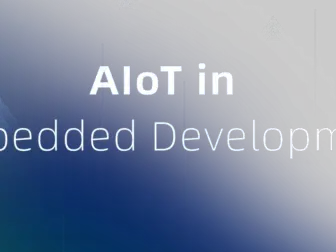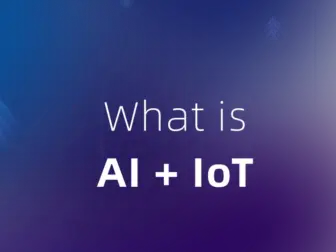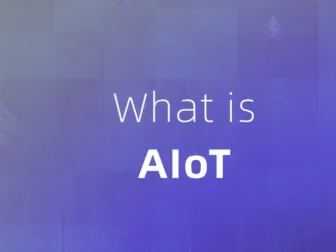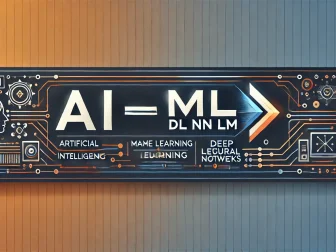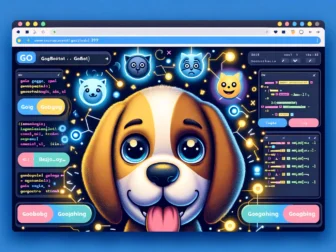Tag - Artificial Intelligence
AI and Machine Learning, Blog , February 19, 2025 , AIoT, Artificial Intelligence, Data Analysis, embedded development, Energy IoT, Health Devices, iot, IoT Platforms, Smart Cities, Smart Homes
AI and Machine Learning, Blog , February 19, 2025 , AI in Healthcare, AI Robots, AIoT, Artificial Intelligence, Edge Computing, energy management, Industrial AI, iot, Logistics Automation, Smart Agriculture
AI and Machine Learning, Blog , December 27, 2024 , AI Model Architecture, Artificial Intelligence, Deep Learning, large models, Machine Learning, Neural Networks
Blog , February 7, 2024 , Artificial Intelligence, Gobot, IoT for Robotics, IoT technology, Robotics
- 1
- 2
Exploring the Impact of Artificial Intelligence on Society
Artificial Intelligence (AI) has become an integral part of our daily lives, impacting various aspects of society including healthcare, finance, transportation, and entertainment. From virtual assistants like Siri and Alexa to self-driving cars and personalized recommendations on streaming platforms, AI technology has significantly changed the way we live and work.
One of the key areas where AI has made a significant impact is healthcare. AI algorithms are being used to analyze medical images, predict patient outcomes, and assist in drug discovery. These advancements have led to improved diagnosis and treatment options, ultimately saving lives and reducing healthcare costs. Additionally, AI-powered chatbots and virtual assistants are providing patients with access to personalized healthcare information and support.
In the financial sector, AI is revolutionizing how companies make decisions and manage risks. AI algorithms can analyze vast amounts of data in real-time, detecting fraudulent activities, predicting market trends, and optimizing investment strategies. This has led to improved efficiency, reduced human error, and enhanced security in financial transactions.
The transportation industry has also been transformed by AI technology, particularly with the development of self-driving cars. Companies like Tesla, Uber, and Waymo are investing heavily in AI-powered autonomous vehicles, aiming to make transportation safer, more efficient, and environmentally friendly. AI algorithms can analyze real-time traffic data, optimize routes, and enhance driver assistance systems, ultimately reducing accidents and traffic congestion.
Entertainment and media have also been impacted by AI, with streaming platforms like Netflix and Spotify using AI algorithms to offer personalized recommendations to users. These algorithms analyze user preferences, viewing habits, and historical data to suggest content that is tailored to individual tastes. This not only enhances user experience but also helps companies increase engagement and retention rates.
Despite the numerous benefits of AI, there are also concerns about its impact on society. One of the main issues is the potential job displacement caused by automation. As AI technology becomes more advanced, there is a risk that certain jobs may be replaced by robots and algorithms, leading to unemployment and economic instability. Additionally, there are concerns about data privacy and security, as AI systems require access to large amounts of personal data to function effectively.
In conclusion, Artificial Intelligence is reshaping society in profound ways, revolutionizing industries, improving efficiency, and enhancing user experiences. While the benefits of AI are undeniable, it is important for policymakers, businesses, and individuals to address the ethical, social, and economic implications of this technology to ensure a sustainable and inclusive future for all.
